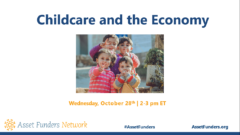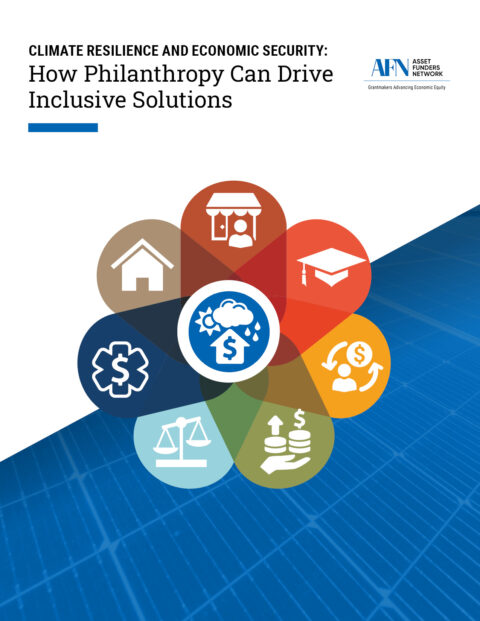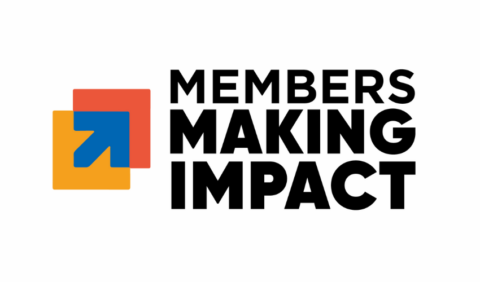COVID-19 has catapulted the childcare crisis into the public discourse by highlighting the glaring racial and gender inequities associated with the lack of accessible and affordable child care and exposed a multi-pronged emergency — massive temporary and permanent lay-offs for low-wage childcare workers (who tend to be Black, Brown and immigrant women); pending closures of family based child care businesses; and long-term economic consequences for women who must leave the workforce due to the loss of child care supports. These consequences not only impact women’s economic health but also the longer-term financial health of their families.
While there are ambitious plans by the Democratic presidential candidate to address this critical issue on a federal level, we must better understand:
- Why child care is a racial and gender equity issue;
- How this crisis impacts the short and long-term economic security of families;
- Solutions which address the structural and systemic issues impacting affordable and accessible child care;
- The opportunity for funders to supporting the longer-term financial health of families through accessible and affordable child care;
- Supporting child care as a critical small business sector
Watch this important conversation held on October 28, 2020 to better understand that child care is not a personal issue nor a women’s issue. It is an economic issue that must be addressed to realize a more equitable and inclusive society.
Speakers:
Dena Jackson, Moderator, The Texas Women’s Foundation
Lea Austin, UC Berkeley Center for the Study of Child Care Employment
Shana Bartley, National Women’s Law Center
Jerletha McDonald, ADFW Childcare Professionals
Resources:
CSCCE:
- Covid 19 landing page has findings from our COVID-19 Impact Study, and multiple factsheets, infographics, and commentary/recommendations
- Short video Why Do Parents Spend So Much on Child Care, Yet Early Educators Earn So Little?
- Research brief – Racial Wage Gaps in Early Education Employment
NWLC:
- Principles for a child care for all system: https://nwlc.org/resources/principles-for-child-care-a-vision-for-investing-in-high-quality-affordable-child-care/
- Child care storybook about COVID (from parents, providers & educators) https://nwlc-ciw49tixgw5lbab.stackpathdns.com/wp-content/uploads/2020/07/Child-Care-Storybook-Newest.pdf
- CLASP/NWLC analysis about how much funding is needed to save our child care system in this crisis: https://nwlc.org/resources/child-care-is-key-to-our-economic-recovery-what-it-will-take-to-stabilize-the-system-during-this-crisis/
- Impact of COVID on women’s economic security: https://nwlc.org/resources/covid-19-is-making-womens-economic-situation-even-worse/
- Jobs data I shared: https://nwlc.org/resources/four-times-more-women-than-men-dropped-out-of-the-labor-force-in-september/
- How states are adjusting their child care systems during the pandemic: https://nwlc.org/resources/child-cares-struggle-to-survive-covid-19-state-impacts-and-responses-july-update/
Texas Women’s Foundation: Economic Issues for Women 2020 research link, that includes the building block of child care.
Urban Institute: For Unemployed Parents, Child Care Remains a Question Mark
Center for American Progress: The True Cost of Providing Safe Child Care During the Coronavirus Pandemic By Simon Workman and Steven Jessen-Howard September 3, 2020.
Federal Reserve Bank of San Francisco: Child Care, COVID-19, and our Economic Future , By Bina Patel Shrimali,
Example of business-focused/economic research supporting the need for early childhood education: Closing the Workforce Gap in Dallas//



